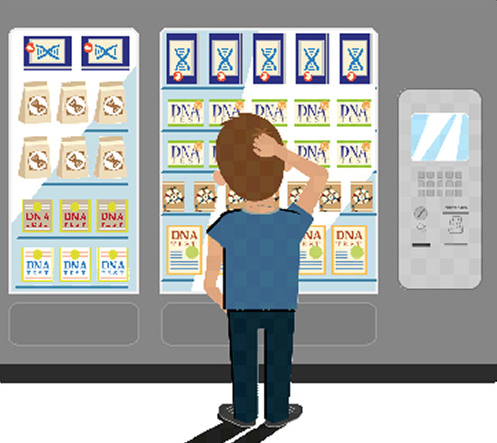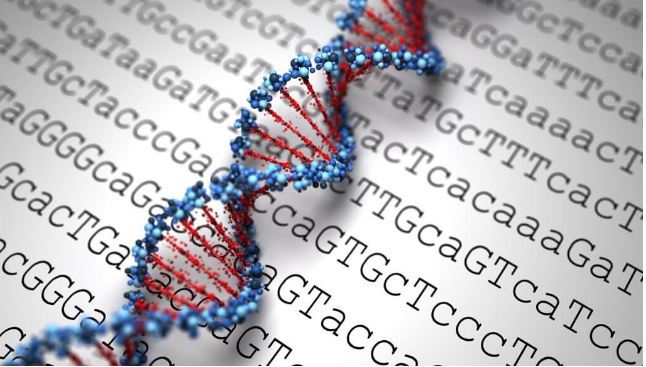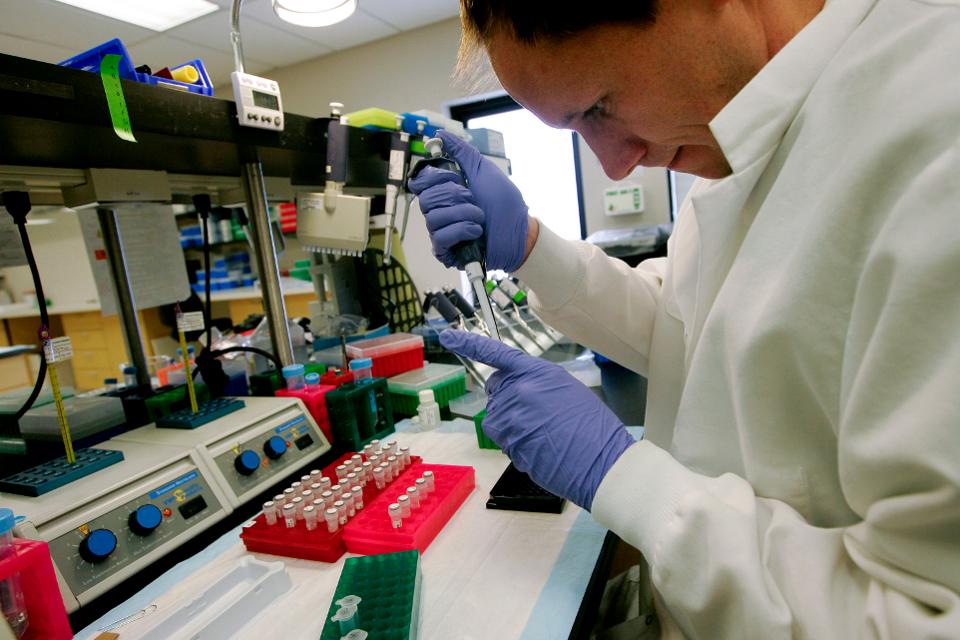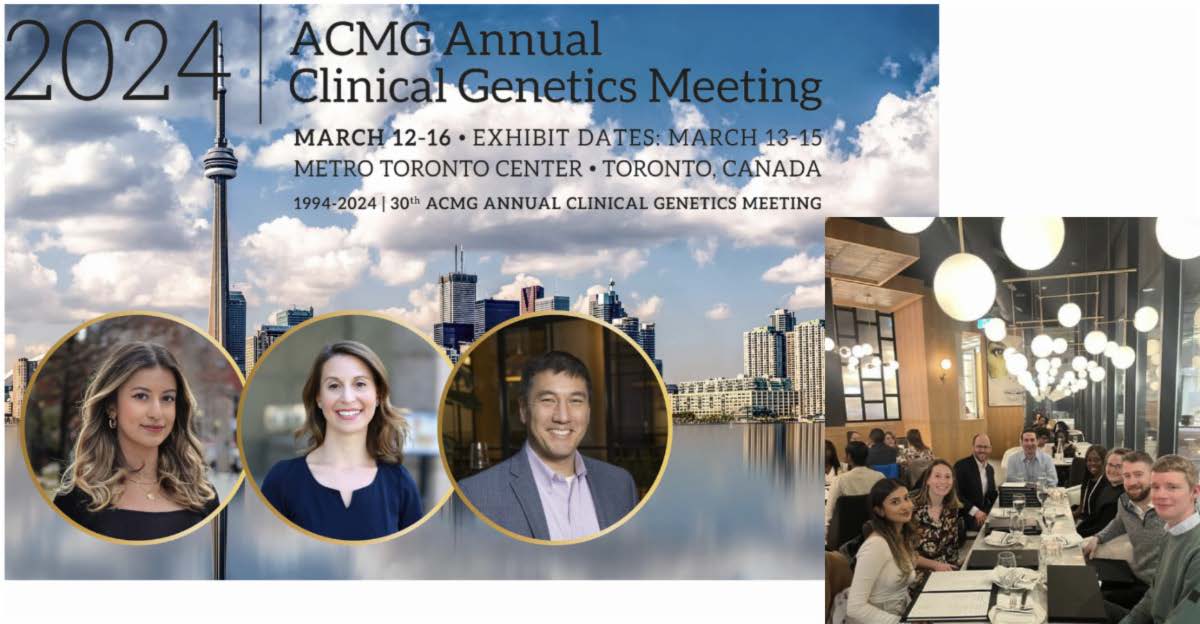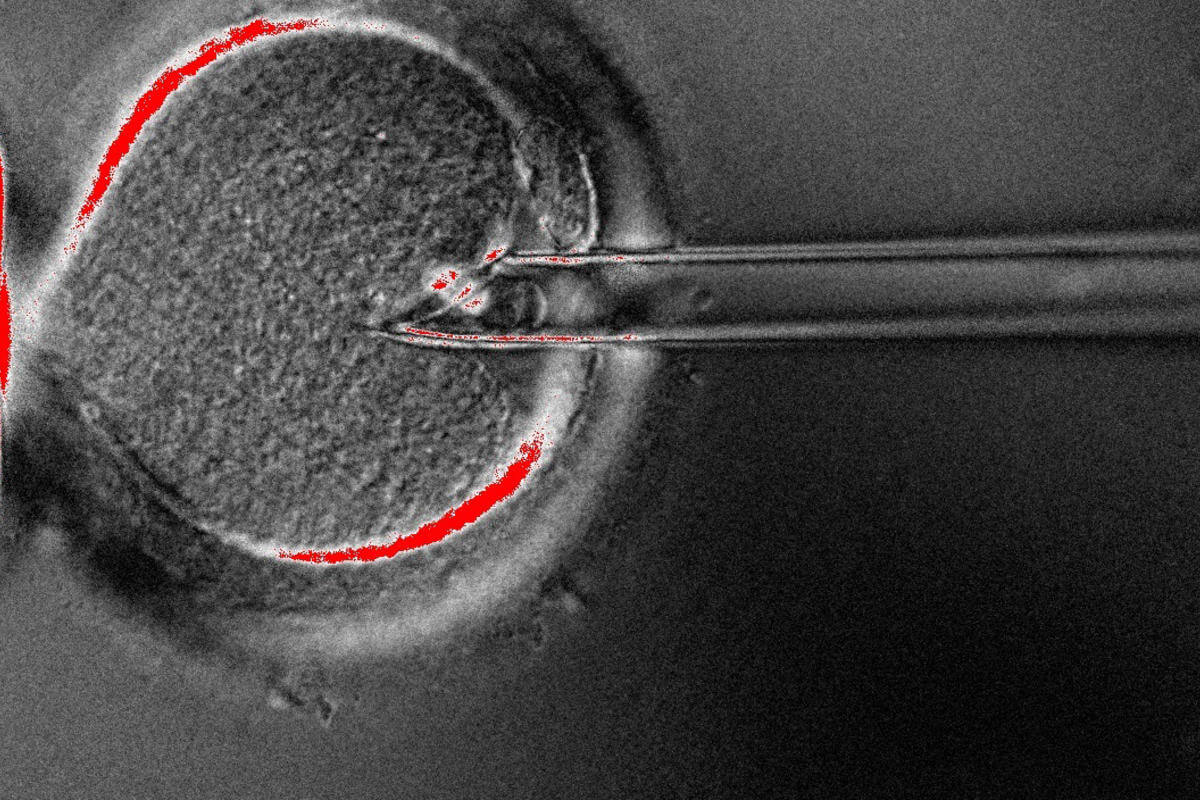
Three parent babies’ may be headed here
In-vitro fertilization, above, that uses DNA from two mothers to prevent some serious diseases has been approved in Britain, and Dr. Robert Green, a geneticist at Brigham and Women’s Hospital, says the U.S. will be pressed to follow suit.





